Is Okinawa part of Japan? Well, get ready to explore this intriguing question!
In this article, we’ll delve into the historical background and unique cultural identity of Okinawa. We’ll also analyze the political relationship between Okinawa and Japan, examining arguments for and against its status as part of Japan.
So, fasten your seatbelt and prepare for an innovative journey of discovery!
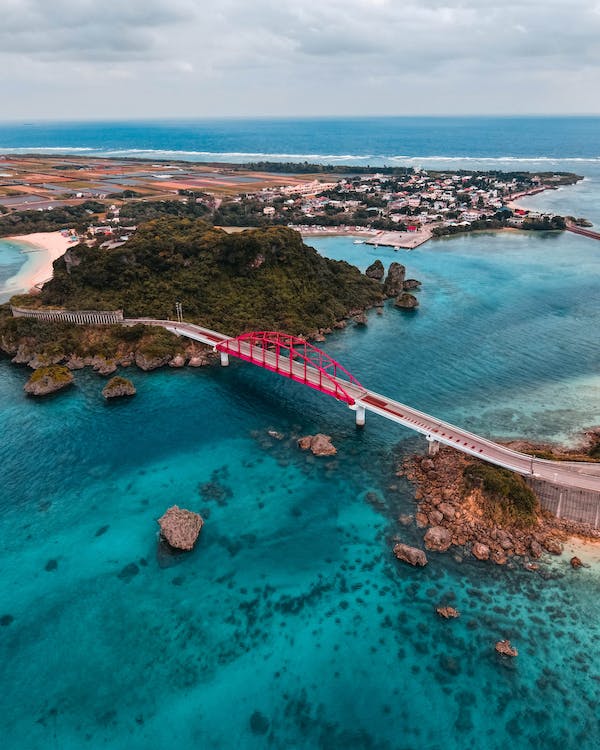
 Booking.com
Booking.com Discover the ultimate travel experience at Booking.com, the official site for the finest hotels, flights, car rentals, and accommodations. From luxurious resorts to cozy apartments, we've got you covered. Plan your dream getaway today and book with confidence. Your adventure begins here!
- Clean, intuitive interface for easy navigation.
- Diverse accommodation options, including luxury and budget.
- Competitive pricing and deals.
- Secure, straightforward booking process.
- Reviews and ratings for informed decisions.
- Genius loyalty program with exclusive perks.
- Additional fees like resort fees.
Historical Background of Okinawa

As you delve into the historical background of Okinawa, it’s important to understand that the island has a unique and complex history, closely intertwined with Japan.
Okinawa’s innovative past dates back centuries, with influences from China, Southeast Asia, and Japan shaping its cultural landscape. The Ryukyu Kingdom, which ruled Okinawa from the 15th to the 19th centuries, was known for its maritime trade and diplomatic relations with neighboring countries. This exchange of ideas and technologies fostered a spirit of innovation on the island.
However, Okinawa’s history took a tumultuous turn during World War II, when it became a battleground between Japan and the United States. Despite the devastation, Okinawa emerged from the war with a renewed determination to rebuild and flourish.
Today, Okinawa continues to embrace its rich history while embracing new technologies and ideas, making it a fascinating destination for those seeking innovation.
Unique Cultural Identity of Okinawa
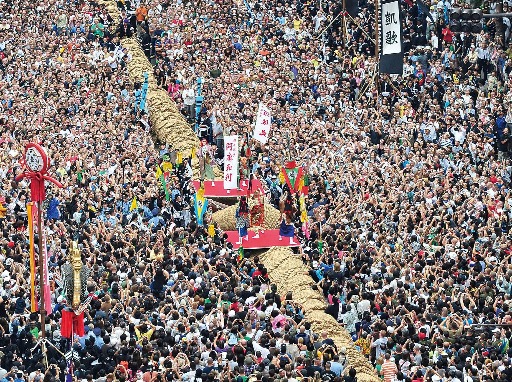
Okinawa’s unique cultural identity is evident in its rich traditions and customs. When exploring this vibrant island, you’ll discover a distinct blend of influences from Japan, China, and Southeast Asia. The fusion of these cultures has given rise to a truly innovative and dynamic society.
From the traditional art of Eisa dance to the enchanting sounds of the Sanshin, Okinawa’s cultural heritage is a treasure trove of creativity. You can immerse yourself in the local cuisine, savoring the flavors of unique dishes like Goya Champuru and Rafute.
Okinawa’s festivals, such as the vibrant Naha Tug-of-War and the serene Shurijo Castle Festival, showcase the island’s vibrant spirit and sense of community. Embrace the opportunity to experience Okinawa’s distinctive culture, where tradition meets innovation in a harmonious blend.
Political Relationship Between Okinawa and Japan
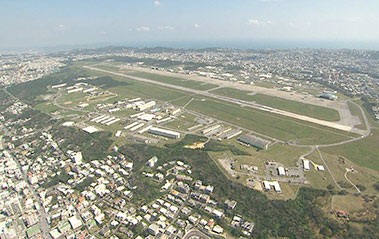
As a region with its own distinct cultural identity, Okinawa has unique challenges and dynamics within its political relationship with Japan.
While Okinawa is considered a part of Japan, there are ongoing tensions and disagreements between the region and the central government.
One major point of contention is the presence of U.S. military bases in Okinawa, which has sparked protests and demands for their removal. The central government’s response to these concerns has often been met with frustration and disappointment from Okinawa.
However, there are also efforts to foster a closer relationship, such as increased economic cooperation and cultural exchange programs.
Ultimately, the political relationship between Okinawa and Japan continues to evolve and requires innovative approaches to address the complex issues at hand.
Arguments for Okinawa as Part of Japan
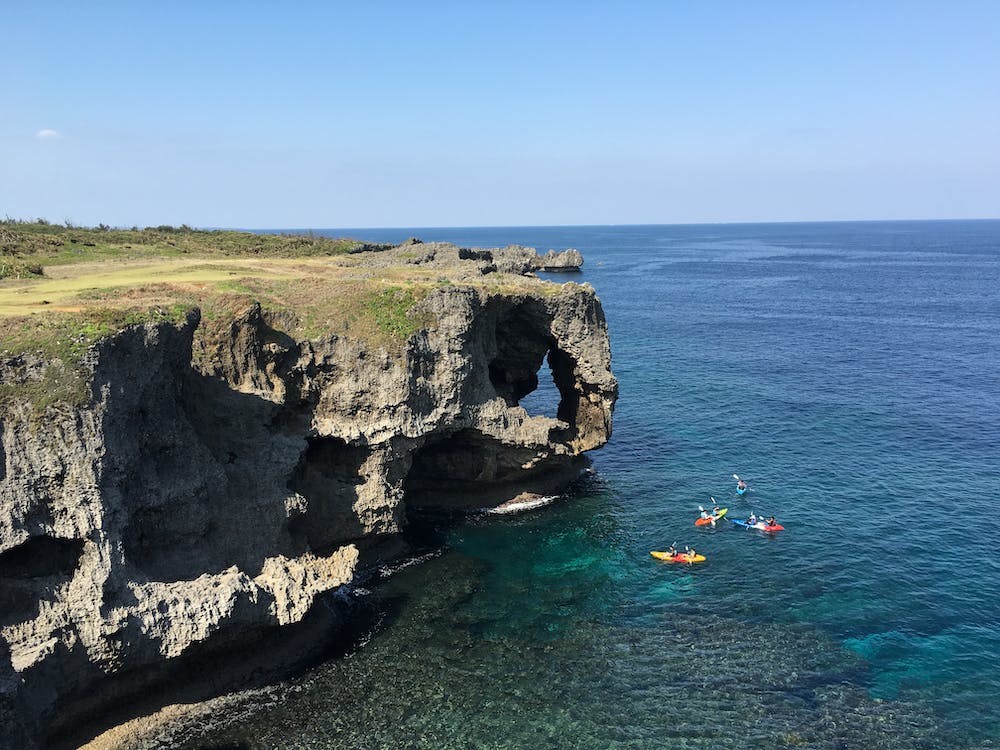
You may wonder why Okinawa is considered part of Japan. Several arguments support this view.
Firstly, Okinawa has been under Japanese control for centuries, and its history, culture, and language have been deeply influenced by Japan.
Secondly, Okinawa is an integral part of Japan’s national security strategy. Its strategic location in the East China Sea makes it crucial for Japan’s defense against potential threats.
Additionally, Okinawa plays a significant role in Japan’s economy, with its tourism industry attracting millions of visitors each year.
Furthermore, Okinawa is represented in the Japanese government through its elected officials and has the same legal system as the rest of Japan.
These reasons highlight why Okinawa is considered an essential part of Japan.
Arguments Against Okinawa as Part of Japan
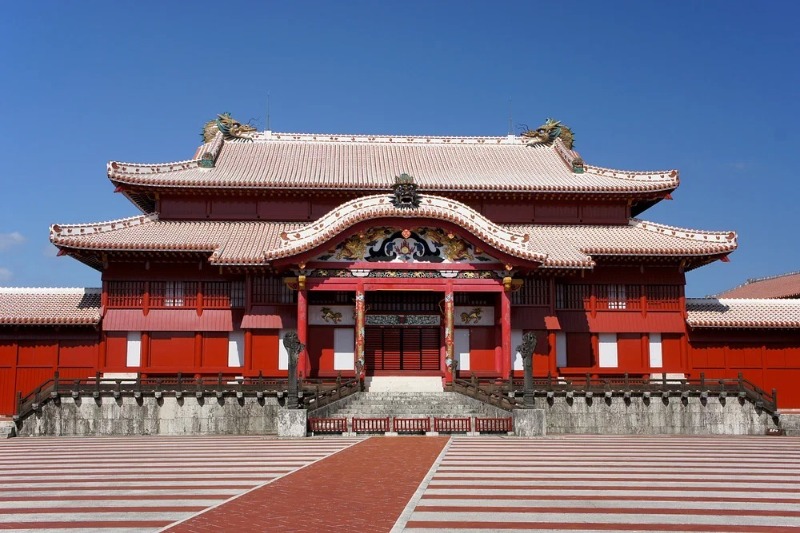
Now let’s explore the counterarguments to Okinawa’s status as part of Japan.
While some argue that Okinawa is an integral part of Japan, others believe it should be considered separate due to its unique history, culture, and language.
One of the main arguments against Okinawa being part of Japan is its historical independence as the Ryukyu Kingdom. Okinawa was a distinct political entity with its sovereignty before it was annexed by Japan in the late 19th century.
Additionally, Okinawa’s cultural differences, such as the traditional Okinawan language and customs, set it apart from mainland Japan.
Some argue that recognizing Okinawa’s separate status could lead to greater cultural preservation and innovation, fostering a more inclusive and diverse Japan.
Conclusion: Is Okinawa Part of Japan?
In conclusion, Okinawa is undeniably a part of Japan. Its historical background and unique cultural identity contribute to its integral position within the country.
Despite certain arguments against its inclusion, the political relationship between Okinawa and Japan solidifies its status as a Japanese prefecture.
 Buy Now
Buy NowSecure your travels with EKTA's comprehensive travel insurance. Travel with peace of mind knowing that you're protected against unexpected events. Don't let uncertainties hold you back - ensure a worry-free journey with EKTA Travel Insurance. Get covered today!
We earn a commission if you make a purchase, at no additional cost to you.
 Buy Now
Buy NowEnsure a worry-free journey to Japan with comprehensive travel insurance from VisitorsCoverage. Stay protected and explore the wonders of Japan with peace of mind. Click here to get covered now!
We earn a commission if you make a purchase, at no additional cost to you.







Konnichiwa! (Hello!) I'm Pat Tokuyama, a Japanese tofu cookbook author, who travels for music, food, and adventure. If you like Japanese tea, checkout some of the newestorganic japanese tea, matcha bowls and noren and more!
** Curious about the Plant Based Japanese Cooking Club? ** Learn more here!